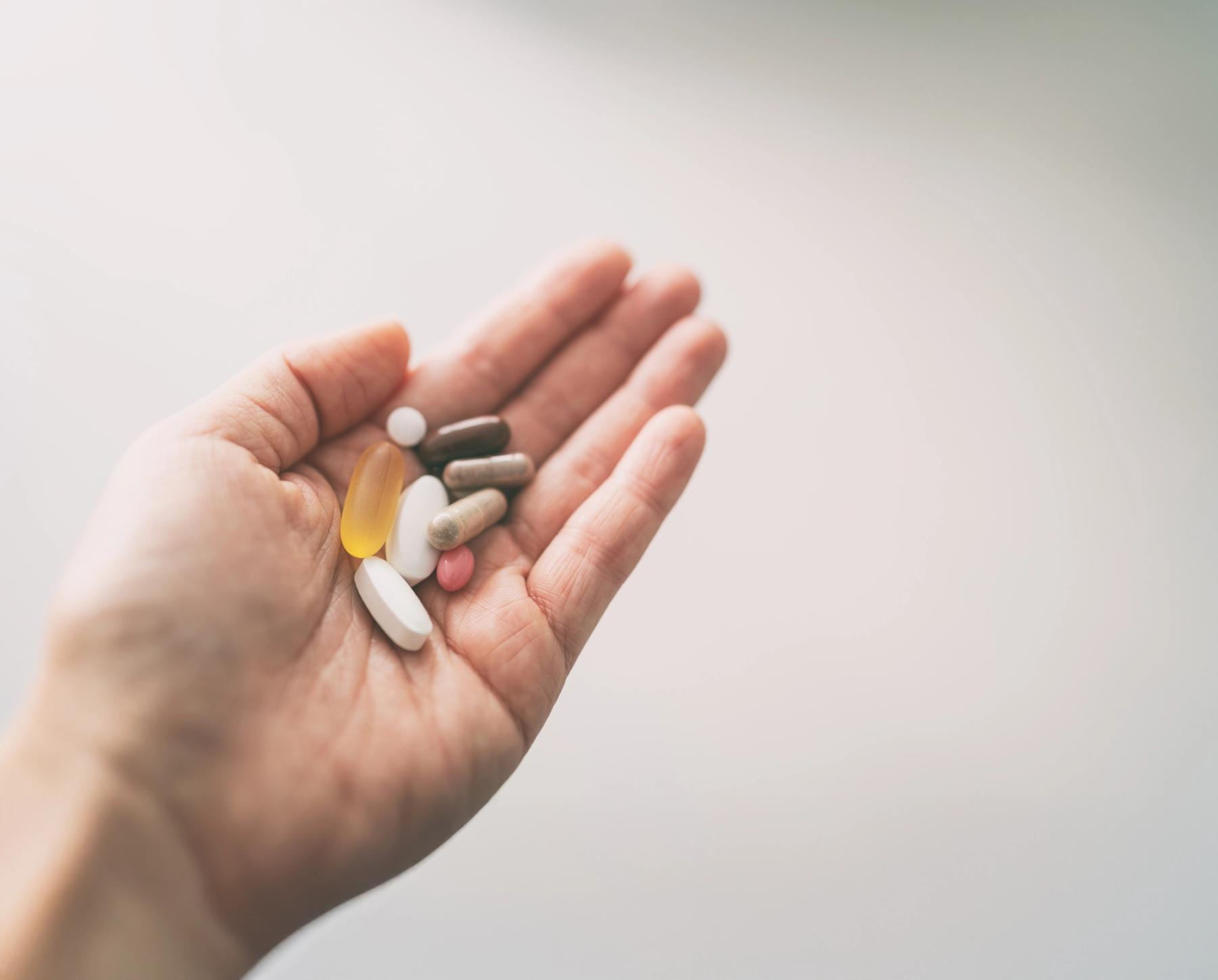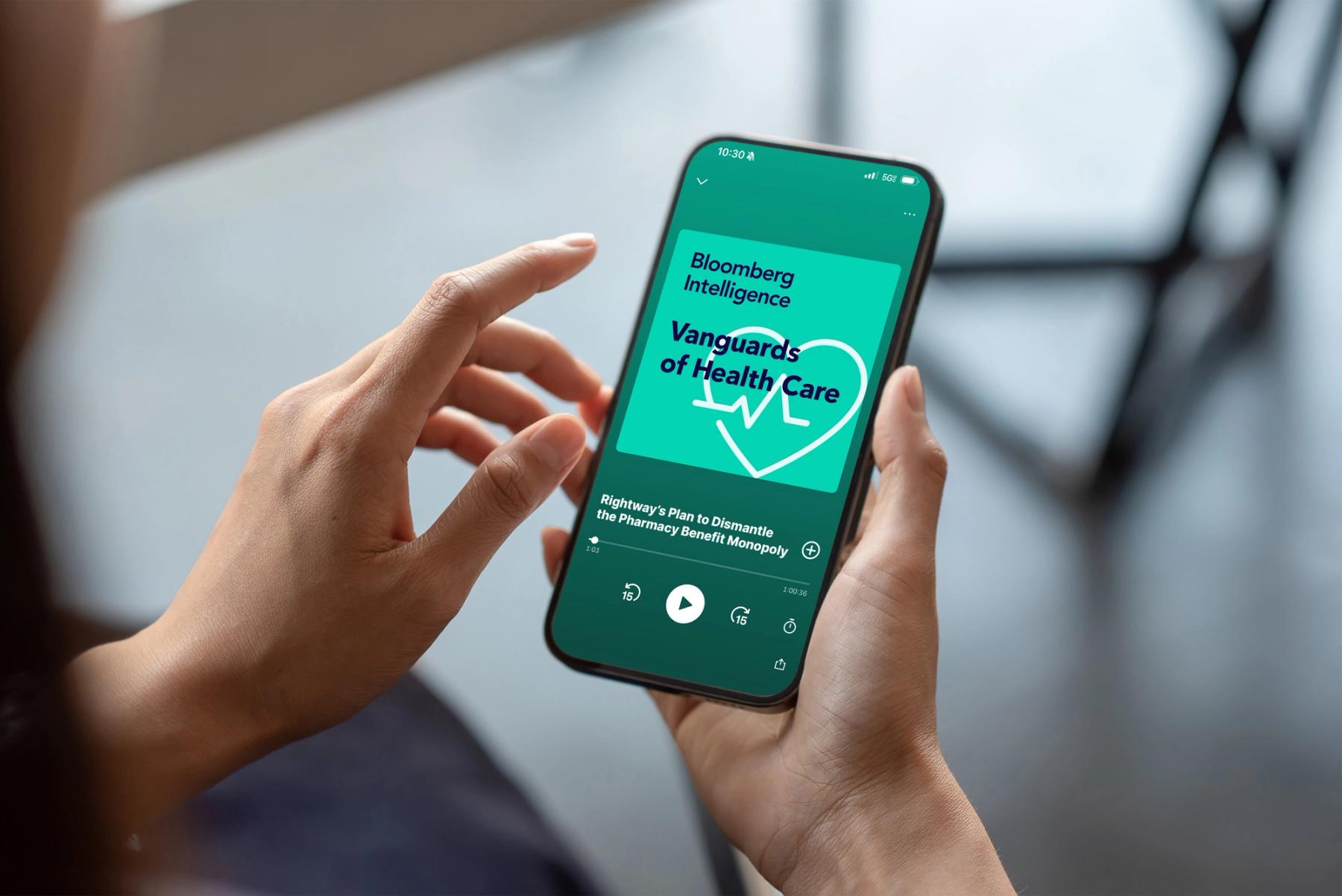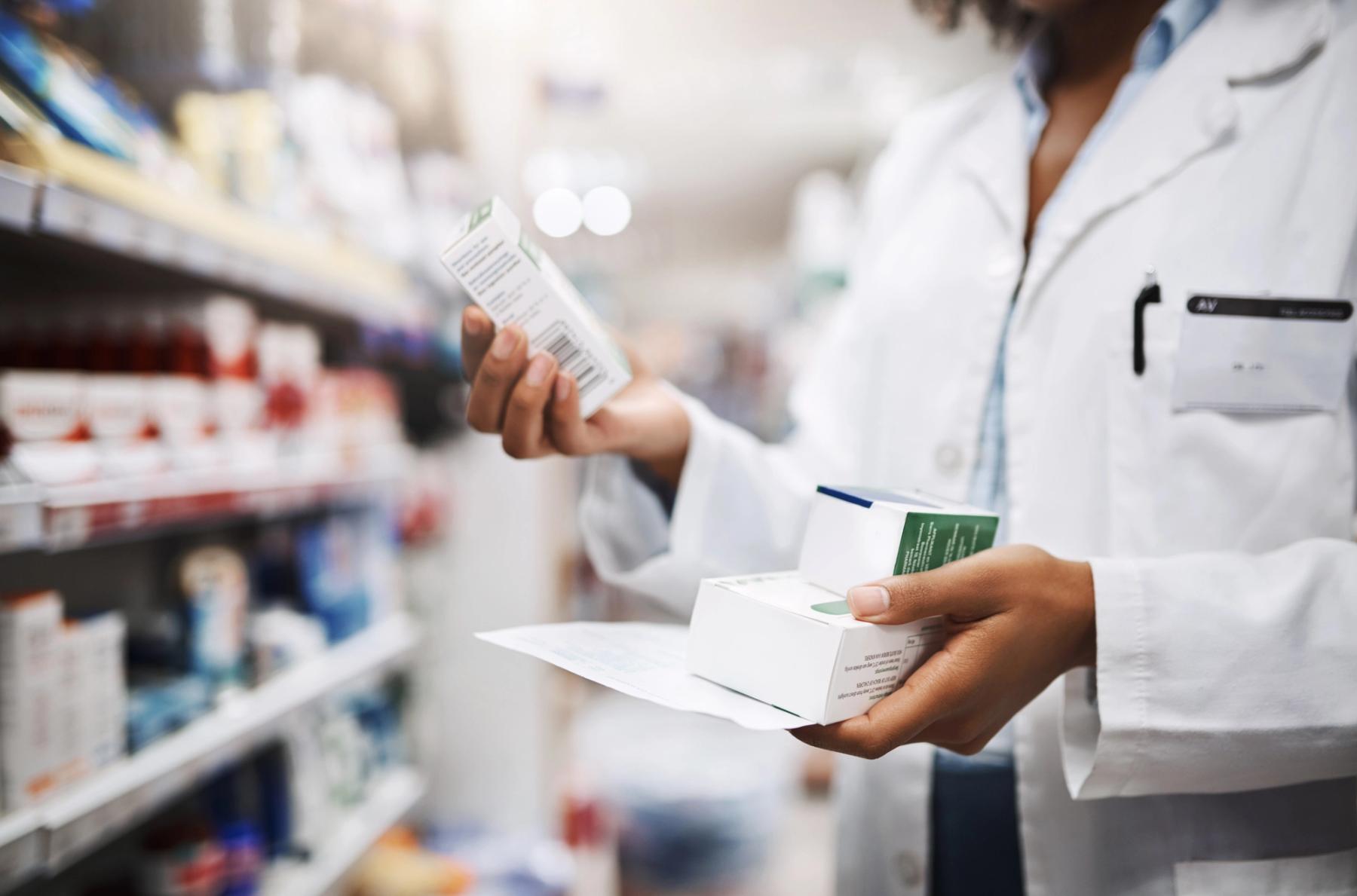Exploring the crucial role pharmacists play in healthcare.

Understanding the role of a pharmacist in modern healthcare.
When contemplating the key contributors influencing your healthcare journey, the immediate thought often gravitates toward doctors and nurses. However, amidst these vital roles, one integral figure tends to be overlooked: pharmacists.
Today, over half of licensed pharmacists in the U.S. are Doctors of Pharmacy. They receive as much clinical instruction as medical doctors, and their expertise extends beyond dispensing pills behind a counter. Pharmacists are now embedded members of the care team, contributing to patient outcomes through clinical insight, medication management, and personalized health guidance.
In an industry mired in complexity and with drug spending at an all-time high, ensuring that members have access to clinical pharmacy support is vital. Modern pharmacy benefit managers(PBMs) bridge the gap between patients and pharmacists by facilitating access to expert, high-touch pharmacy guidance. So, what exactly do pharmacists do beyond counting and dispensing medications? And why is this support crucial for your teams?
Pharmacist responsibilities in patient education.
One of the core services pharmacists provide is Medication Therapy Management (MTM)—a comprehensive, patient-centered process that ensures medications are used appropriately to achieve the best possible outcomes. MTM includes reviewing all medications a patient takes, identifying any issues, and working with healthcare providers to resolve them. It's a cornerstone of the modern pharmacist’s role.
Pharmacists do more than explain how to take a medication; they educate patients on what the medication is for and why it matters. This context helps patients understand how their medications fit into their overall treatment plan, which increases engagement and encourages adherence.
How pharmacists improve medication adherence.
Nearly 50% of patients do not take their medications as prescribed, which can lead to avoidable health complications, disease progression, and hospital readmissions. Pharmacists play a crucial role in reversing this trend through targeted, proactive strategies.
Pharmacist-led adherence efforts often include:
- One-on-one counseling sessions to address concerns or misconceptions.
- Auto-refill programs that ensure patients never run out of medications.
- Pill organizers and digital reminders to support routine and accuracy.
- Follow-up calls or check-ins to monitor progress and reinforce instructions.
- Cost-saving alternatives, like generics, to reduce financial barriers.
By identifying the unique obstacles each patient faces, pharmacists tailor solutions to promote consistency and engagement with treatment plans. The benefits of improved adherence go beyond individual health. According to the CDC, better medication adherence could prevent nearly 125,000 deaths and save the U.S. healthcare system up to $300 billion annually.
What clinical pharmacists do to prevent medication errors.
Preventing medication errors is one of the most critical functions of clinical pharmacists, whose specialized training equips them to manage the complexities of modern pharmacotherapy. These experts are embedded in care teams, particularly in high-risk settings where the potential for harm is greatest.
Clinical pharmacists are especially vital in environments such as:
- Intensive care units (ICUs), where patients often receive multiple, high-risk medications.
- Oncology units, where dosing precision and drug interactions are critical to treatment success.
- Elderly care settings, where polypharmacy (taking many medications at once) increases the risk of adverse drug events.
Each year, around 1.3 million people visit emergency departments due to medication-related complications—many of which are preventable. Clinical pharmacists help avoid these outcomes by:
- Reviewing comprehensive medication profiles to catch potential drug-drug or drug-condition interactions.
- Monitoring for dosing accuracy, especially in patients with organ impairment.
- Flagging duplications, contraindications, and unnecessary therapies.
- Collaborating with prescribers to adjust regimens and recommend safer or more effective alternatives.
The role of pharmacists in hospitals.
In hospital settings, pharmacists are essential members of the care team, directly contributing to better outcomes through real-time collaboration with physicians and nurses. Their clinical expertise plays a critical role in fast-paced, high-stakes environments.
Pharmacists often participate in daily rounds, offering input on medication selection, dosing adjustments, and potential interactions. Their presence is especially valuable in intensive care units (ICUs), where patients frequently receive complex regimens that require precise coordination and constant monitoring.
Another key area where pharmacists drive impact is in discharge planning. They help ensure that patients leave the hospital with clear, accurate medication instructions and that any transitions in therapy are safe and well understood. This reduces the risk of post-discharge complications and avoidable readmissions.
How pharmacists help reduce healthcare costs.
Pharmacists play a key role in lowering healthcare costs by promoting smarter, more efficient medication use.
They recommend lower-cost alternatives, such as generics, and guide patients to savings programs, coupons, and insurance-aligned options. By addressing barriers to adherence and spotting issues early, pharmacists help prevent avoidable complications, emergency visits, and readmissions.
FAQs.
What is the role of pharmacists in healthcare?
Pharmacists ensure safe, effective medication use and educate patients on how, when, and why to take their prescriptions. They also collaborate with providers to optimize treatment and prevent adverse drug events.
What do clinical pharmacists do daily?
Clinical pharmacists review patient medication regimens, monitor for interactions or errors, and consult with physicians on appropriate therapies. They are often embedded in care teams, especially in hospitals and high-risk settings.
How do pharmacists help reduce costs?
Pharmacists lower costs by recommending affordable alternatives, improving adherence, and preventing complications that can lead to costly hospital visits. Their guidance supports both better outcomes and more efficient spending.
What are the responsibilities of a pharmacist?
Pharmacists are responsible for dispensing medications accurately, educating patients, monitoring for side effects, and ensuring safe medication use. They also support adherence and coordinate with healthcare teams on treatment plans.
Rightway pharmacists are there for members.
So, how can you make sure your teams have access to this invaluable source of clinical pharmacy support? Partner with a PBM like Rightway that provides high-touch pharmacy guidance to its members. Dedicated clinical pharmacists work one-on-one with members to offer a better pharmacy experience, guiding them to optimal medication regimens and savings opportunities. Their expertise drives your teams to the highest-value medications, making a profound impact on their well-being and your bottom line.
Want to give your employees transformational pharmacy navigation? Connect with us.







